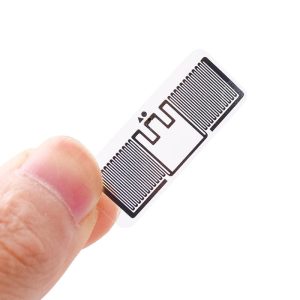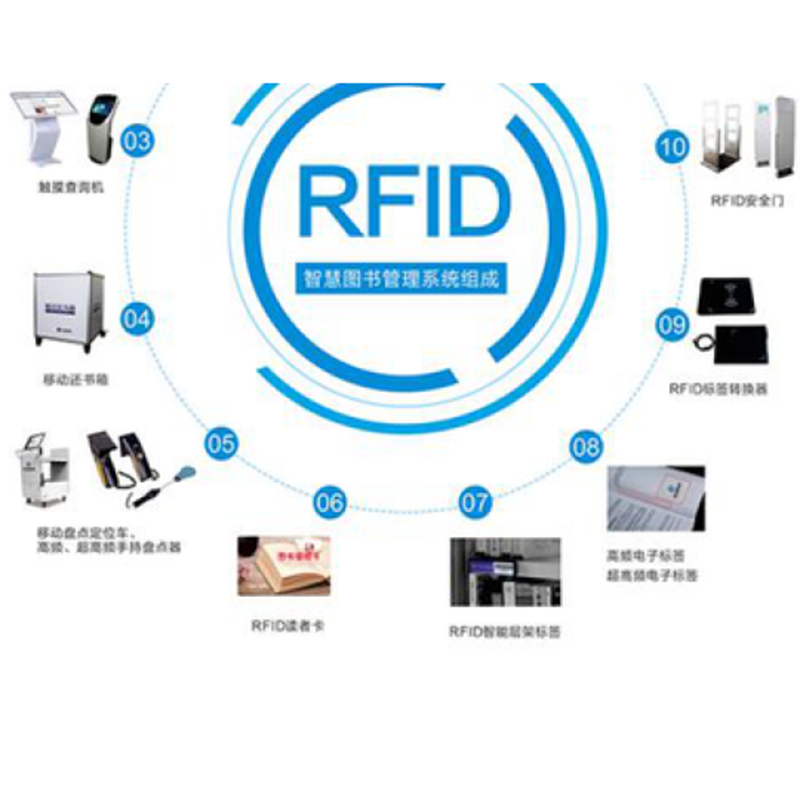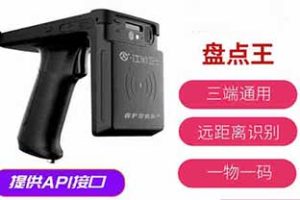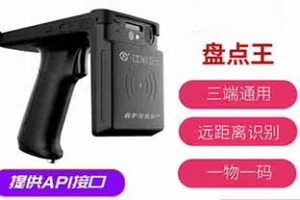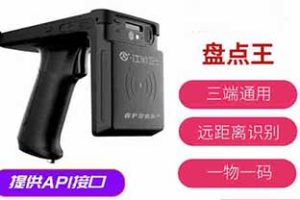How to apply RFID technology in the field of intelligent laundry in hotels 123
RFID stands for Radio Frequency Identification technology. It is a wireless communication technology that can identify specific targets and obtain relevant data through radio waves. RFID technology is widely used in logistics, inventory management, payment systems, and other fields, which can improve work efficiency and security. Through RFID technology, items can be uniquely identified and tracked, providing convenience for business management and consumers. The development of RFID technology will further promote the development of animal networking and intelligent technology, with broad application prospects
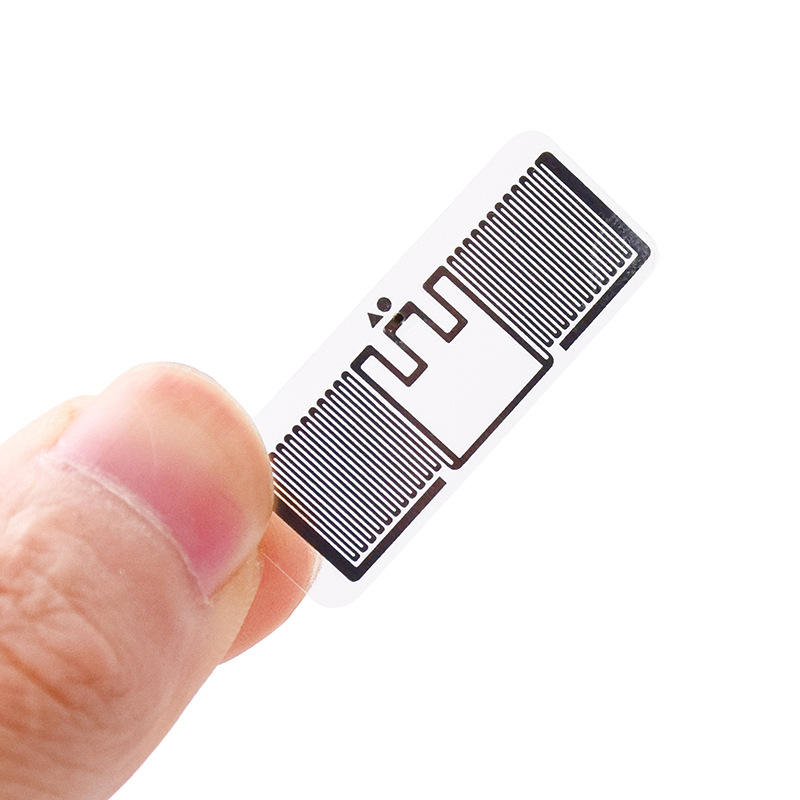
What does RFID mean and how does RFID technology apply in the fields of hotel linen and smart laundry? 123
Hotels, hospitals, bathhouses, and professional laundry companies need to handle thousands of items such as work clothes and linens every year. Traditional laundry involves cleaning a large amount of clothing, including tedious processes such as linen handover, washing, ironing, organizing, and storing. How to effectively track and manage the washing process, washing frequency, inventory status, and effective classification of each piece of linen is a huge challenge. The introduction of RFID technology can solve this problem by sewing a strip shaped RFID wash label on each piece of fabric. Throughout the entire process of using and washing linen, the RFID reader automatically records the usage status and washing frequency of the linen, supporting batch reading of labels during washing handover, making washing task handover simple and transparent, and reducing business disputes.
Meanwhile, by tracking the number of washes, the service life of the current linen can be estimated, providing predictive data for procurement planning. The introduction of RFID technology makes laundry management more transparent, improves work efficiency, and solves management problems that were previously impossible to achieve through other technologies.
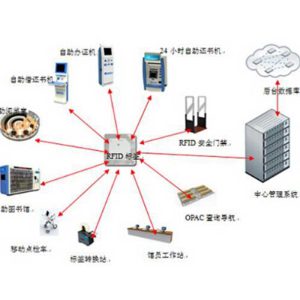
The application process of RFID technology in hotel linen and smart laundry includes:
1. Label sewing: Using strip shaped labels, sewn on fabric or clothing, it is recommended to choose a fixed position uniformly;
2. Label entry: Associate the information of each laundry item to be managed with the RFID tag ID into the database;
3. Automatic inventory: including incoming and outgoing inventory, which can be accurately counted through RFID devices;
4. Clean linen: After washing, check with an RFID reader to confirm if there is any missing linen;
5. Washing frequency record: Record the washing frequency of clothes, predict their lifespan, and reasonably control inventory;
6. Linen sorting and statistics: Utilize the uniqueness of RFID tags to help sort linen, prevent omissions and confusion, and collect data.
The application of RFID technology can effectively reduce the risk of missing linen, improve the accuracy and reliability of stored information, achieve efficient and accurate data collection, improve operational efficiency, and reduce the comprehensive cost of user linen washing management.

